|
This very smart group photograph was shared by the Chingford at War Facebook group. The date given was October 1944 but I'm more inclined towards it being a stand-down photo in May 1945. There's an interesting selection of insignia on display including the gentleman sat bottom right who has a wound stripe below his Incident Officer badge (he is a First World War veteran so this may be the red stripe). A few have five war service chevrons and instructor badges. Several have a diamond shaped badge. It could be one of the Fire Guard instructor badges but I'm doubtful HQ staff would undertake that course. If you know of an alternative to this please let me know. One of the gentleman standing appears to have the Royal Life Saving Society embroidered badge on the pocket of his battledress.
0 Comments
A new addition to list of fake enamel ARP lapel badges. Usually seller has listed this. Has all the same hallmarks of the fakes: acid staining for age, same rear, same old pin and clasp. Another fake to watch out for.
See a complete list of the known fake ARP badges on the market. In September 1944 war service chevrons were issued to Civil Defence personnel. Each red chevron was issued for each complete 12 months' service. The below document also shows that members of the Fire Guard could also apply the chevrons to their Fire Guard armband. I have seen the chevrons also sewn onto the Civil Defence armband.
I recently picked up this very interesting book entitled “Lloyd’s Under Fire”. It is a tribute to the company’s civil defence forces and was published in 1947. The copy I bought also came with a few letters addressed to a G. L. Knowles. According to the book he was the Officer Commanding Fire Squad No. 6. There is also a drawing of this person. The book contains information about how Lloyd’s prepared its buildings for air raids and how during the war staff volunteered at both the company’s own air raid shelters but also at public shelters within the London Underground system. This is very interesting as it mentions the “New Tube Shelters” and also that the deep station at Goodge Street was a female-only shelter. Contained in the book are a wealth of photographs and also one very interesting double page layout showing the destruction caused by bombing around Lloyd’s London headquarters. Amazingly, for such a large building in an area of London that received a lot of Luftwaffe attention it survived the war unscathed. Here's another of the fake ARP badges that gets listed on eBay every couple of months or so. This one doesn't even have the fake pin and clasp. It does have the acid staining to 'age' the badge and piss-poor enamelling. I now know what this is based on. It's a factory Fire Watcher badge. The fraudster has copied the design but added Rolls Royce and whatever R & R means is anyone's guess.
See a list of the current examples of fake ARP badges. |
Please support this website's running costs and keep it advert free
Categories
All
Archives
June 2024
|
|
|
Copyright © 2018–2024
|
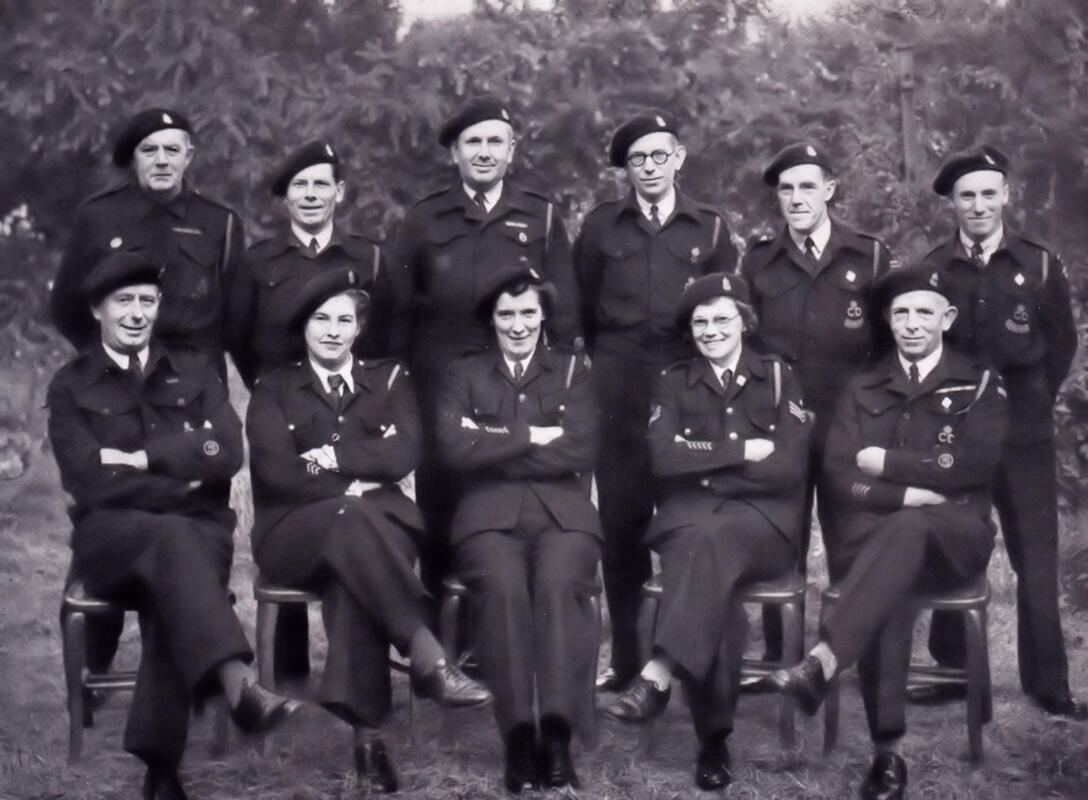
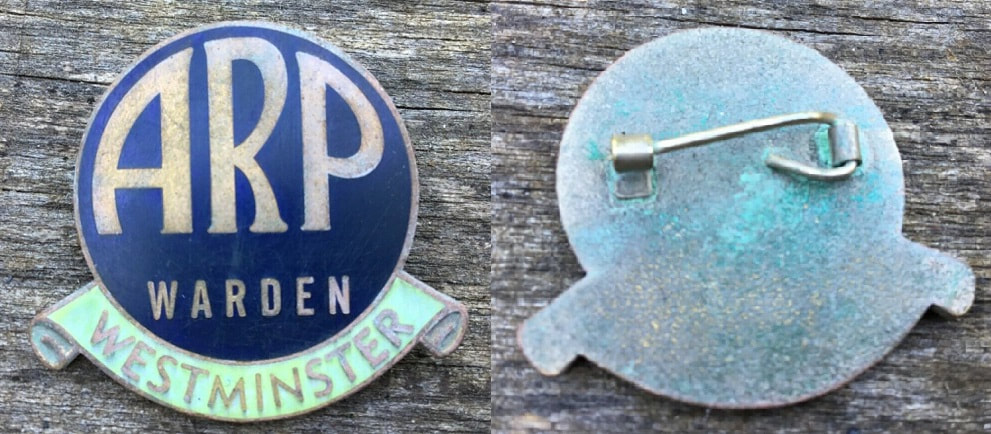
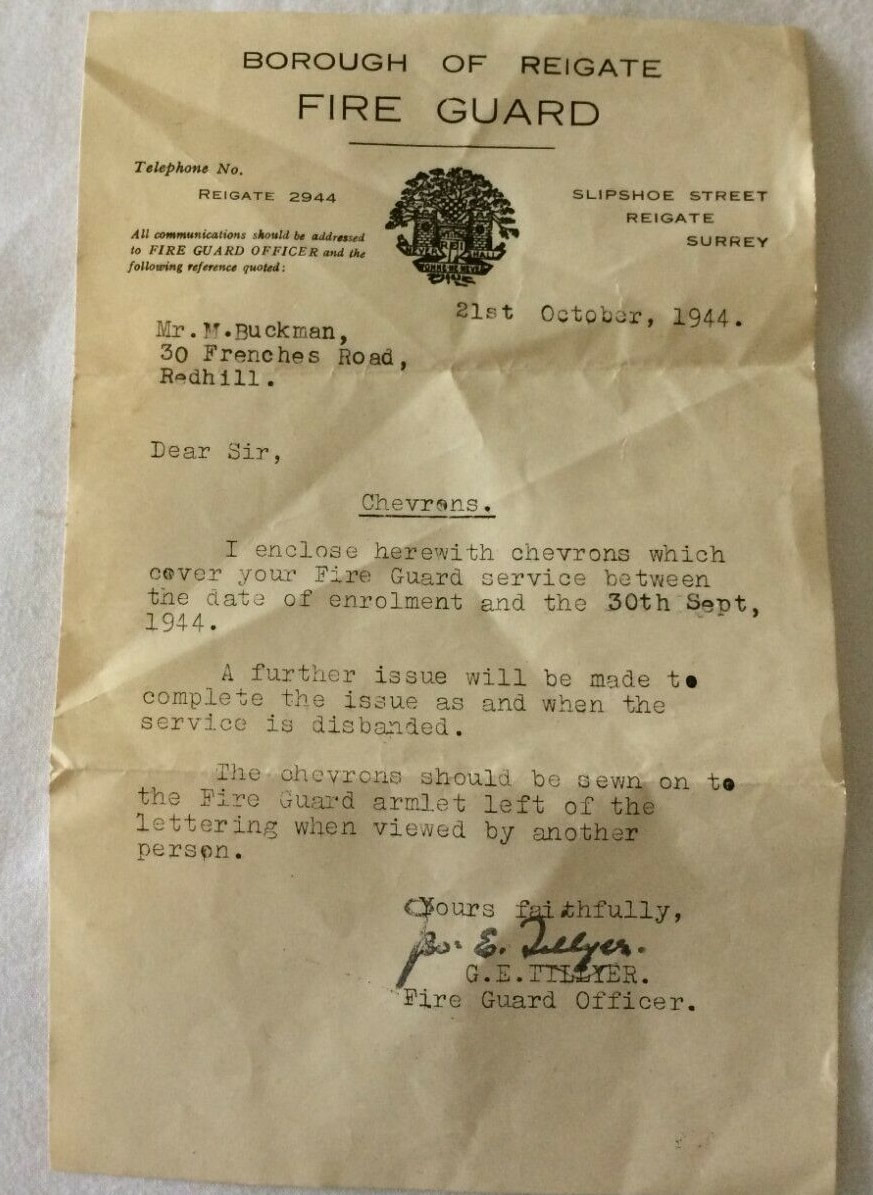
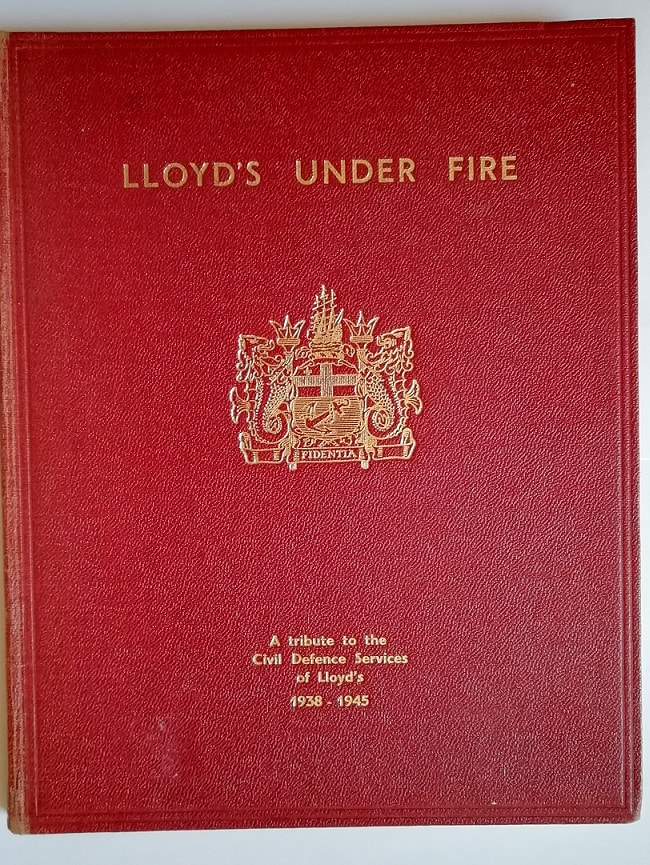
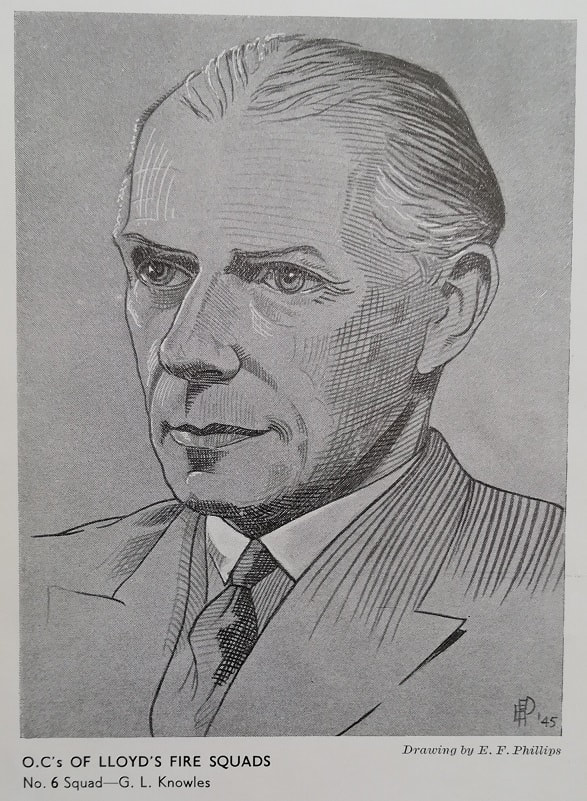
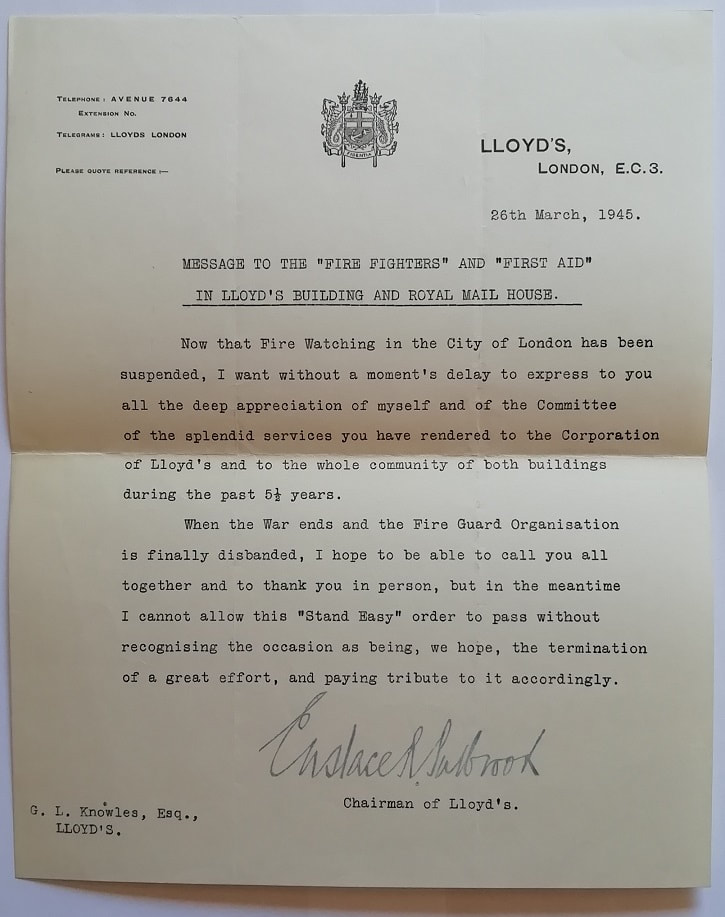
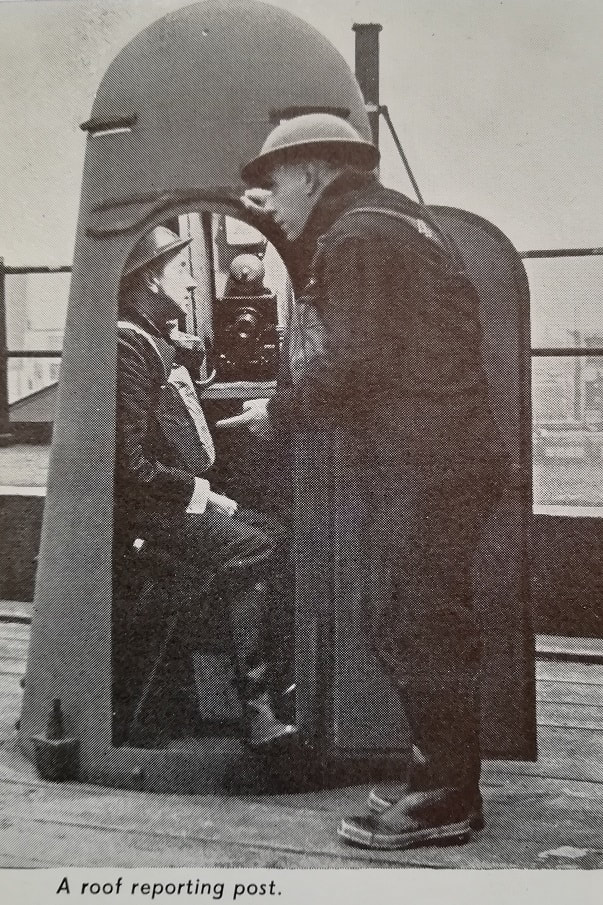
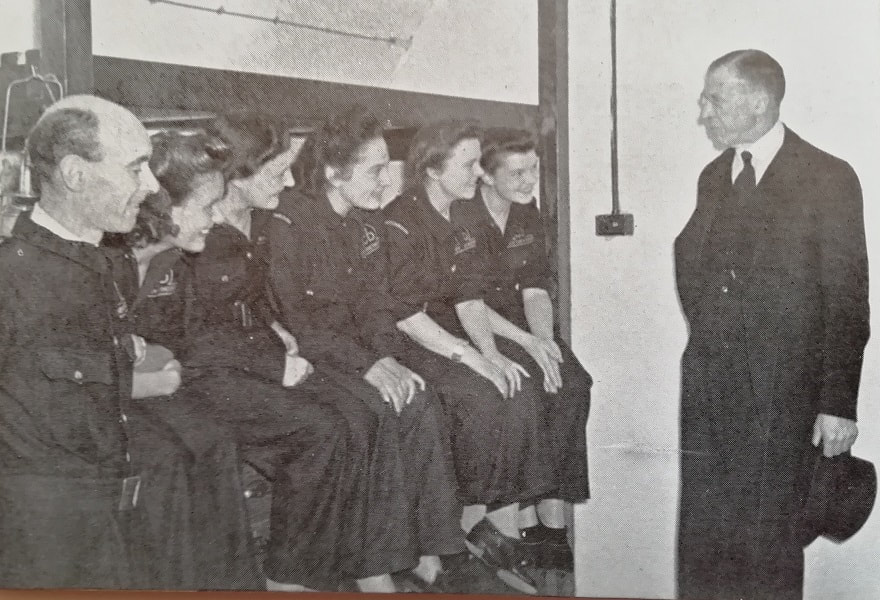
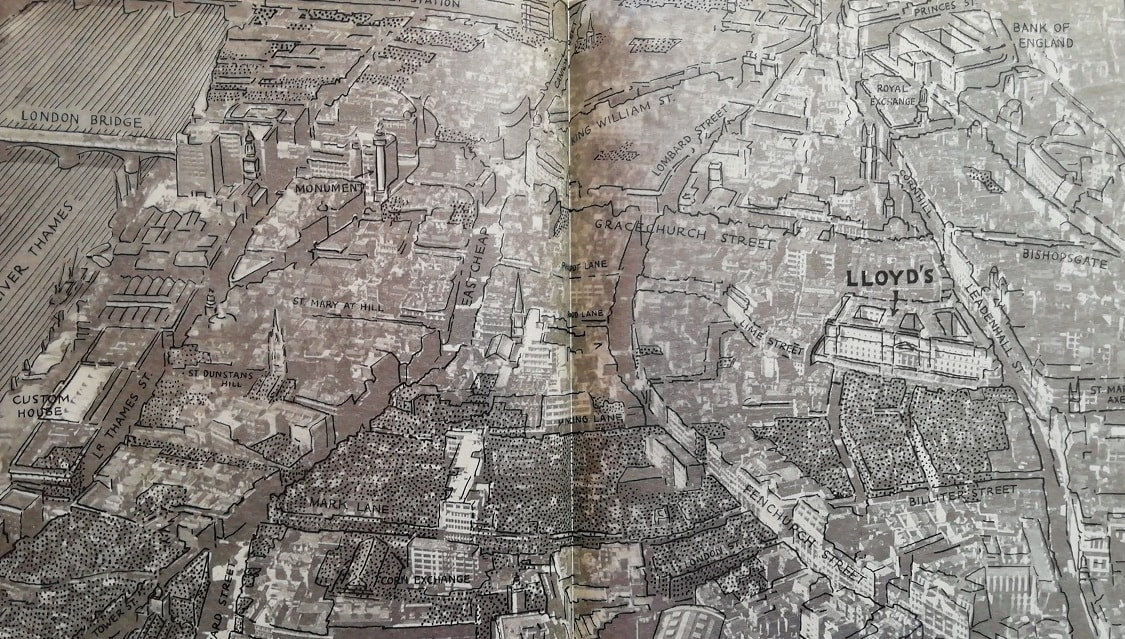
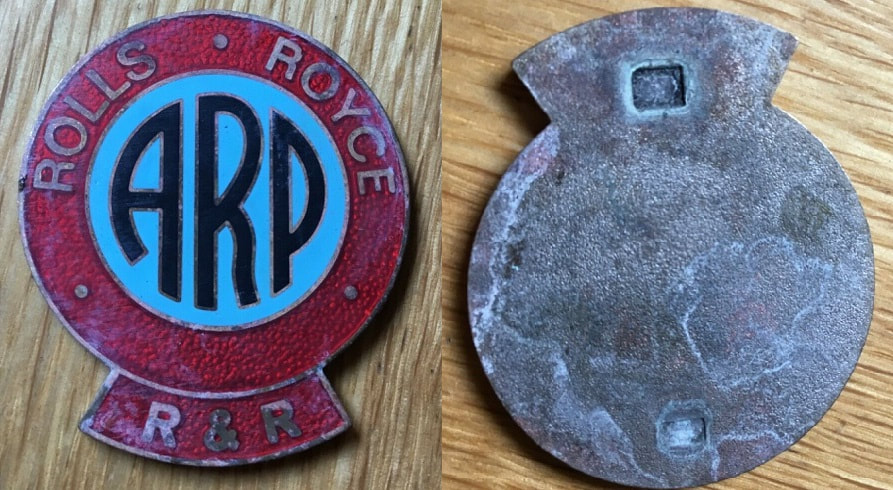

 RSS Feed
RSS Feed